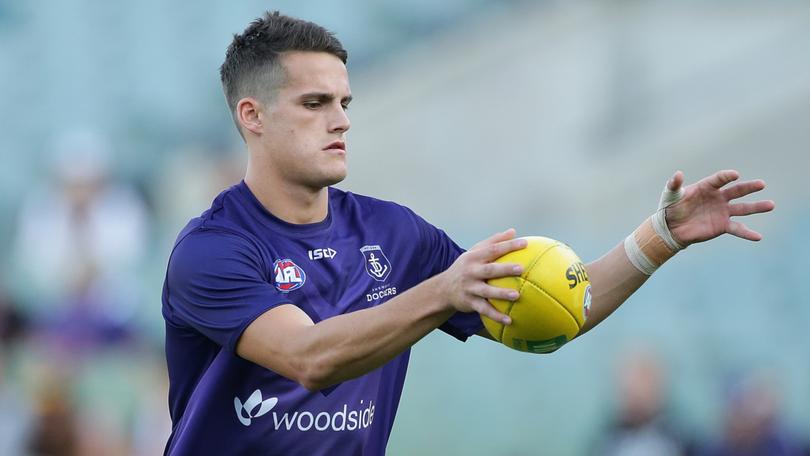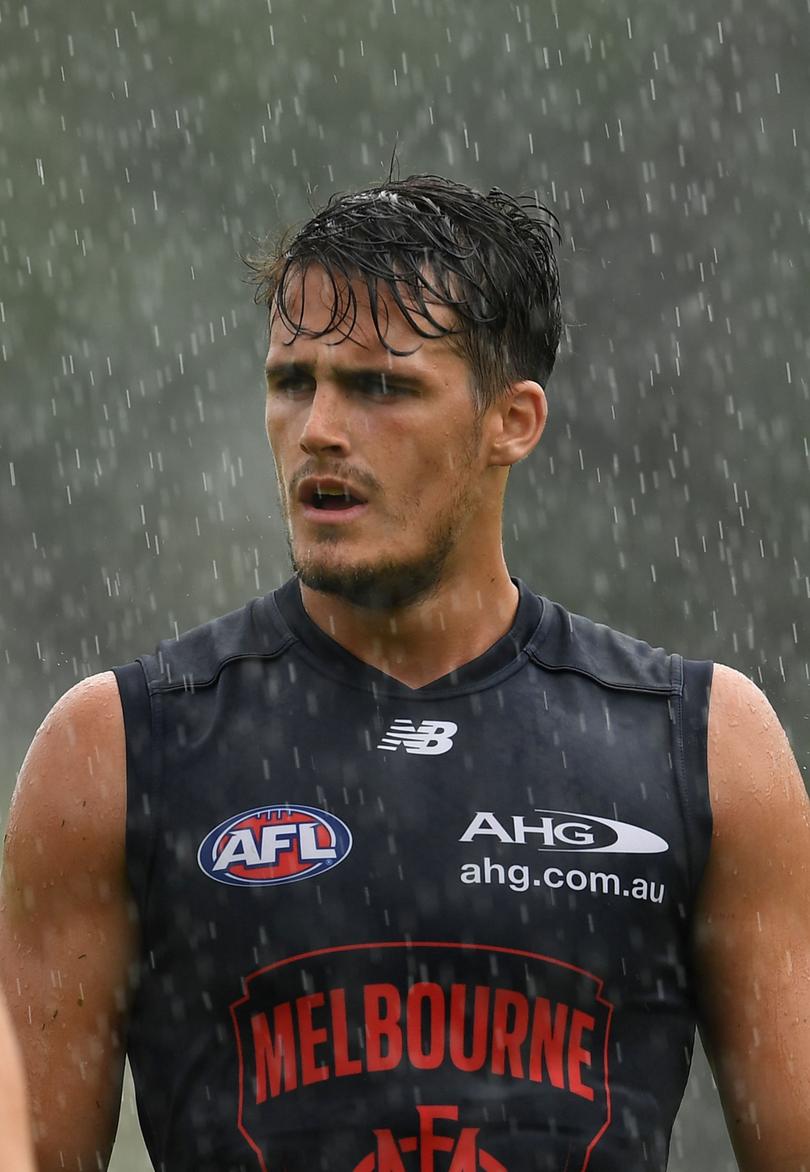Harley Balic: Father of late ex-Fremantle player speaks out against AFL’s illicit drugs policy
The father of a former Fremantle player has spoken out against the AFL’s illicit drugs policy and claims the league knew more about his son’s battle with addiction than the family did.

The father of a former Fremantle player has spoken out against the AFL’s illicit drugs policy and claims the league knew more about his son’s battle with addiction than the family did.
Harley Balic, a former Fremantle and then Melbourne player, died two years ago after grappling with substance abuse.
Balic was referenced in a statement made by former Demons doctor Zeeshan Arain, presented to parliament by federal MP Andrew Wilkie last month, which has triggered a Sports Integrity Australia investigation.
Sign up to The Nightly's newsletters.
Get the first look at the digital newspaper, curated daily stories and breaking headlines delivered to your inbox.
By continuing you agree to our Terms and Privacy Policy.Balic played two seasons at Fremantle, before moving to the Demons and retiring at the end of 2017. He died aged 25.
The AFL last month detailed its illicit drug policy in response to a series of bombshell claims, which includes players being tested “off the books” so they can be withdrawn from matches if they are at risk of suspensions under the world anti-doping code.
His father, Eddie Balic, said he felt the death could have been prevented if information was shared with the family earlier.
“I believe that the AFL has a duty of care to formally intervene early into young vulnerable players who have been identified as having substance abuse issues,” he told The Herald Sun.
“I also feel that had better support been put in place early for my son, it may have prevented this tragic outcome.

“The huge disappointment is that the AFL knew a lot and as a family we weren’t told. We may have saved him earlier.
“To this day it disappoints me that no one from senior management of the AFL has ever made contact with me over the terrible loss of my son.”
Dr Arain’s claims suggest Balic has placed in the AFL’s “medical model”, which means he did not face any punishment for taking drugs repeatedly.
In his statement, he said: “Often list management is used to solve a lot of problems.
“It gets to the point where they (AFL clubs) are like, ‘Well, if we can’t help this player, we will move them on.
“And the problem is that the player doesn’t cease to exist to be a person once they are not in your club, the duty of care still goes on.
“Take Harley Balic, for example. A few years after Harley Balic left the Melbourne Football Club he was dead related to drug use.”

